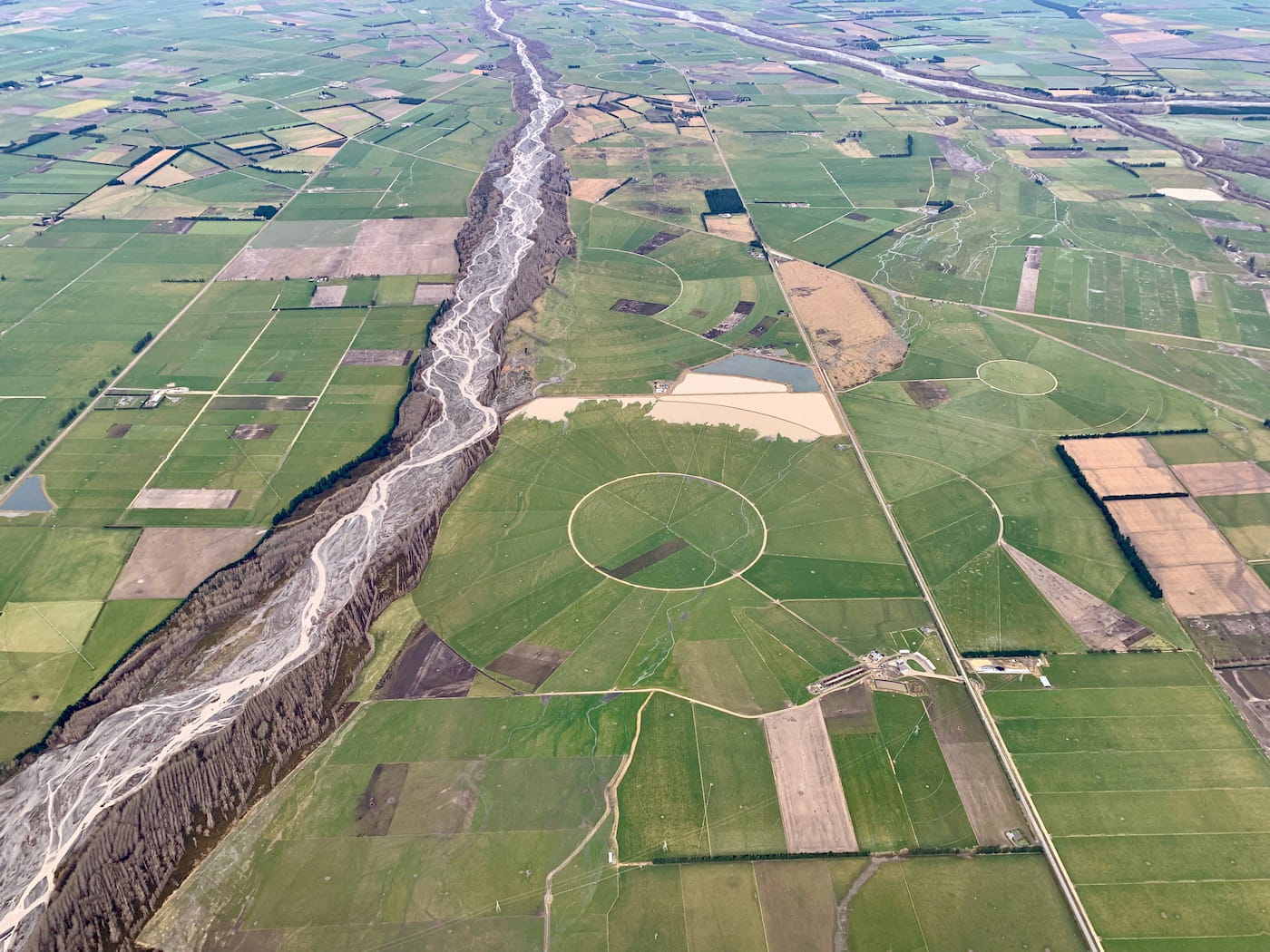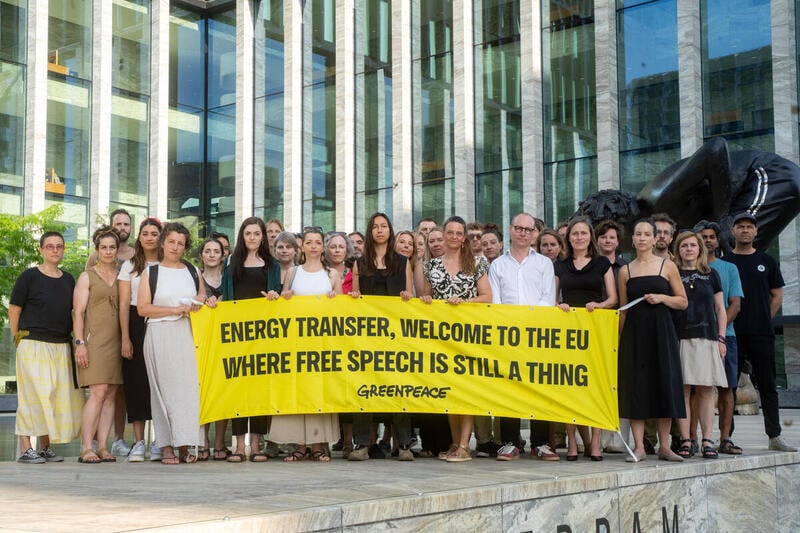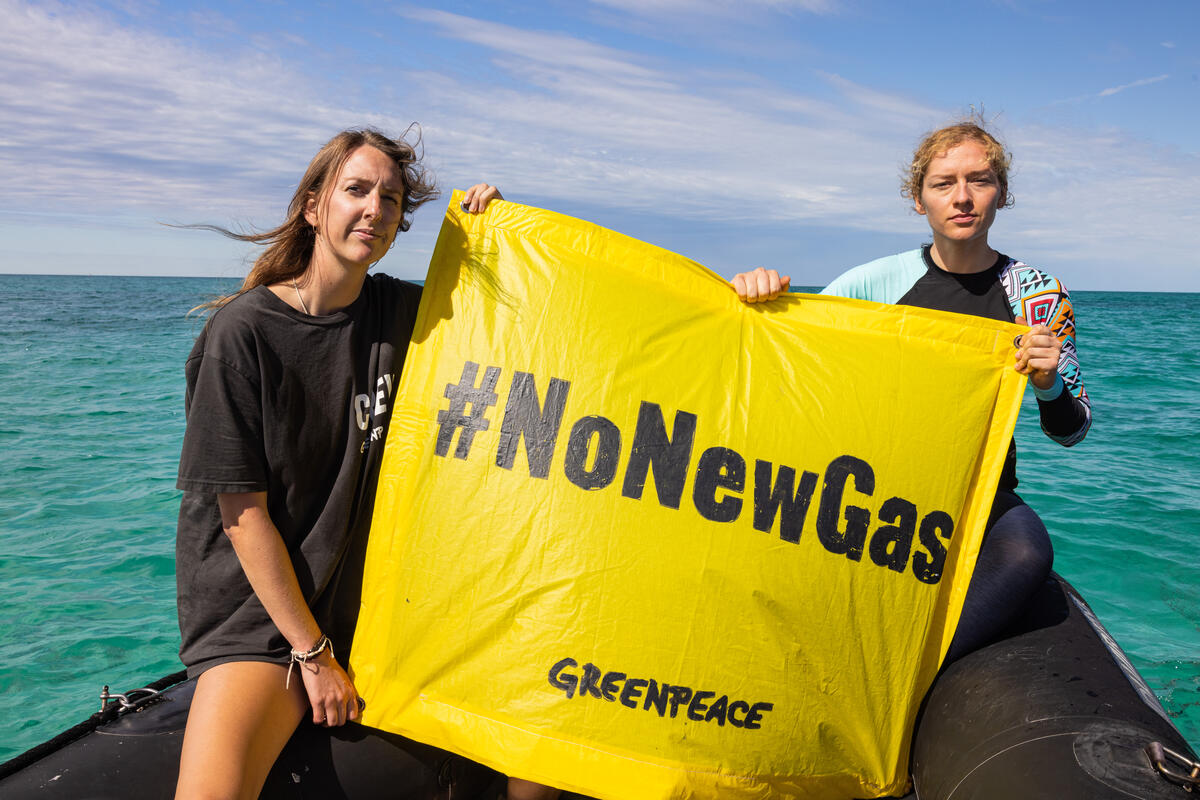If Nature were to stroll into a doctor’s office for a check up today, what do you think the prognosis would be? The symptoms are obvious: polluted life-giving waterways, devastating loss of oxygen-rich forests, loss of the very creatures that make up the web of life at an alarming rate, a skyrocketing temperature that shows no sign of breaking.
The planet is in critical condition. But this isn’t just Earth’s diagnosis – it’s yours, too.
What is biodiversity and why is it important?
Biodiversity is built from three intertwoven threads:
- ecosystem diversity
- species diversity
- genetic diversity
Put simply, the more diverse these interwoven natural systems are, the more resilient they are to disturbances. The relationships between all living plants and animals create “the web of life”, which can be seen as a safety net that helps ensure the survival and welfare of all living things on this planet, including us humans.
When there’s balance, all these things work together to clean our water, purify our air, maintain our soil, regulate the climate, stop disease outbreaks, recycle nutrients and provide us with food.
But whenever a species disappears it’s like a thread in the web is cut, leaving holes in the planet’s safety net and shifting the finely balanced systems.
For example, corals create habitat for so many marine species that if they disappear, the whole ecosystem can collapse creating a cascade of wildlife mortalities and species loss. That’s exactly what’s happening on Australia’s Great Barrier reef, one of the world’s most diverse reef ecosystems, which has lost more than half of its coral population since 1995 due to mass coral bleaching events and is dying before our eyes. And it’s one of the reasons we oppose bottom trawling on seamounts.
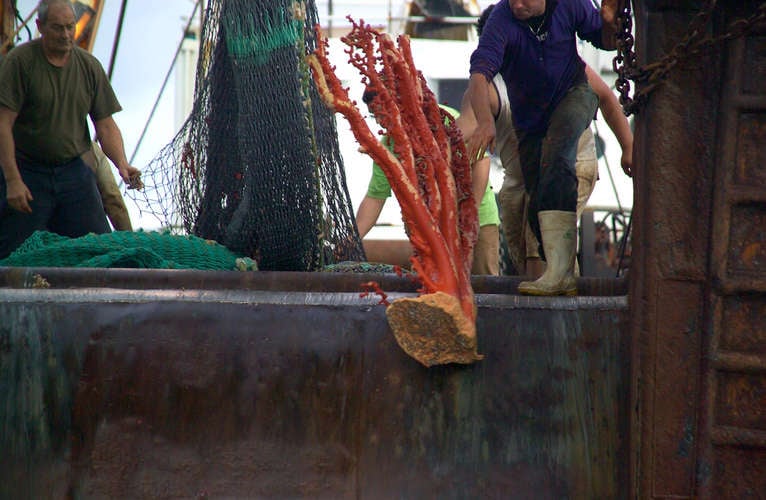
Just 15% of the world’s forests remain intact, and only 3% of the world’s oceans are free from human pressures. Mainly due to human pressures, the planet is losing species – its biodiversity – at an alarming rate, thought to be comparable only to the 5th mass extinction 65 million years ago.
Here are 5 ways biodiversity supports life on earth:
- Nature gives us what we need. Food, clean air, and water are the foundations of life and Earth’s biodiversity has provided civilisations with the essentials we need to survive on this planet.
- Nature protects us. Some of the most important roles of biodiversity are defensive. Our ecosystems help to regulate our climate and insure against disease outbreaks like Covid-19. You might already know that forests are important carbon sinks and essential for fighting the climate crisis, but oceans also play an important role.
- Nature keeps things flowing: Nitrogen and phosphorus are the two primary biological nutrients required by all life on earth that circulate through Earth’s ecosystems. Human activity has so thoroughly disrupted Earth’s natural nutrient cycles that we have degraded soils and created aquatic dead zones.
- Nature nourishes our spirit. As many Indigenous and forest peoples know well, we are part of nature, not apart from it. There are so many spiritual and recreational benefits in nature. Even in western science, the psychological benefits of nature are widely documented.
- Nature could solve future problems. Scientific knowledge continues to grow and evolve. The more that we can keep alive and thriving, the greater that knowledge can be. For example, nature has helped, and continues to help in important medical advances. Nature will also play a leading role in protecting us from the increasing impacts of climate change. For example, keeping healthy, mature forests safe from industrial logging in B.C. will help protect from catastrophic flooding, wildfires, droughts and heat waves caused by climate change, according to a new report.
So what’s destroying our biodiversity?
As societies (and economies) have grown, so has their ecological footprint. Extractive capitalism has commodified nature, and caused some to forget its true value. The pursuit of limitless economic growth is a huge source of injustice, exploiting people and the planet alike.
Destructive industries are exerting more pressure on our planet’s web of life ore now than at any other time in human history. Mega corporations are burning polluting fossil fuels, setting forests on fire to clear land for agricultural commodities and single-use products, and are plundering ever deeper and more remote areas of the oceans. They’re also polluting politics and holding our governments hostage in the process.
Rather than working on a solution, governments are propping up the problem. Bailing out pesticide giants and destructive industrial farming with public money, or pumping billions into dirty energy.
The pursuit of limitless growth, on a planet with finite resources, has a predictable end that’s already in sight. So much of the wildlife on this planet, including humanity most likely, is heading for extinction.
Here in Aotearoa, industrial dairying is our biggest polluter. Massive use of synthetic nitrogen fertiliser to grow more and more grass for too many cows has led to our rivers and drinking water being polluted and agriculture being our biggest source of greenhouse gas emissions. When applied to land, synthetic nitrogen fertiliser gives off more greenhouse gases than our entire domestic aviation industry. And even then there is not enough grass to feed the grosly bloated dairy herd. Big agri-business companies like Fonterra import extra feed, such as palm kernel expeller (PKE) which supports the destructive palm oil industry that is displacing indigenous peoples and local communities, killing wildlife and creating a toxic haze that endangers millions of lives.
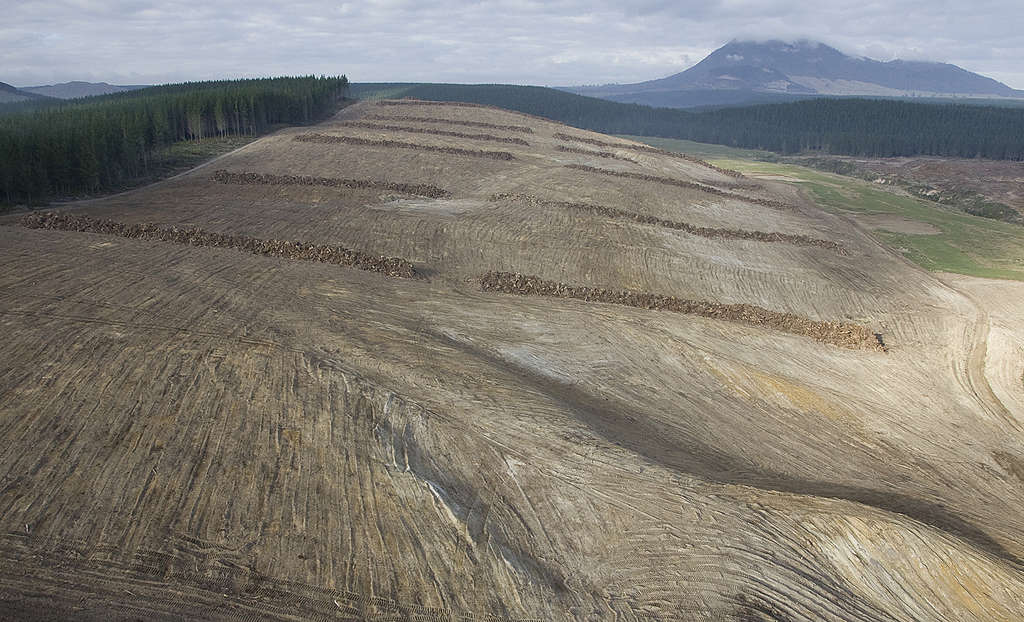
How can we save nature – and ourselves?
Governments must stop prioritising corporate profits and rethink the way we produce and consume food and other goods to ease the pressures on nature. Transform our systems to value both people and the planet we rely on, and to put our wellbeing at the heart of spending and policy decisions.
Governments need to restore the balance of power to communities and listen to the Indigenous custodians of lands and oceans. Working in partnership with people who are connected to, and rely on nature, is the surest way to protect wild places.
We need to protect what biodiversity is left, so that it can, to some extent, recover. Funding for carefully crafted Nature-Based Solutions and rights-based protections on land can help tackle climate breakdown, species loss, food security and the risk of future pandemics.
Important global agreements like the Convention on Biological Diversity (CBD) which holds its COP15 meeting in Kunming this year is an opportunity for governments to forge a new relationship with nature. If we protect nature, we can build up resilience to combat climate crises and future epidemics, and help protect people and the planet.
This year, Greenpeace is calling on governments to agree to an ambitious and implementable rehabilitation plan for nature. We’re calling for a commitment to bold targets that protect at least 30% of our lands and oceans by 2030, with a clear plan for how to get there in partnership with local and Indigenous communities, and enough funding and resources to make it happen.
We cannot risk destroying the web of life that sustains us. We are part of nature, and if it disappears, our future will disappear with it. Protecting biodiversity is a way to protect ourselves.
What can you do right now? Protecting what protects us:
1. Support regenerative farming
Regenerative agriculture works with the environment, not against it. Regenerative farmers treat their farms as an ecosystem, not a factory.
Right now, we have the opportunity to build back better after Covid-19. That means making the shift to systems that not only reduce harm, but enable our land, waterways, animals and people to thrive.
But we need to support farmers to make the switch to regenerative agriculture for good. We’re calling on New Zealand’s government to back the regenerative farming revolution.
2. Join the call for a Green Covid Response
Seven out of 10 New Zealanders want a green recovery from Covid-19. And the election outcome shows a huge public mandate for transformational change.
Jacinda Ardern’s Government has already committed to inject billions of dollars into the economy to keep it afloat.
This is a golden opportunity to future-proof Aotearoa – to restore nature, to bring our climate emissions down quickly and to make society fairer.
3. Protect the oceans
From destructive fishing and mining, to climate change – the threats facing our oceans are growing greater by the day. We urgently need a network of ocean sanctuaries across the globe to protect them.
Join our call on the New Zealand Government to support the creation of ocean sanctuaries across the planet, and to back the strongest Global Ocean Treaty at the UN to enable this.
This article is adapted from one published by Greenpeace Canada.
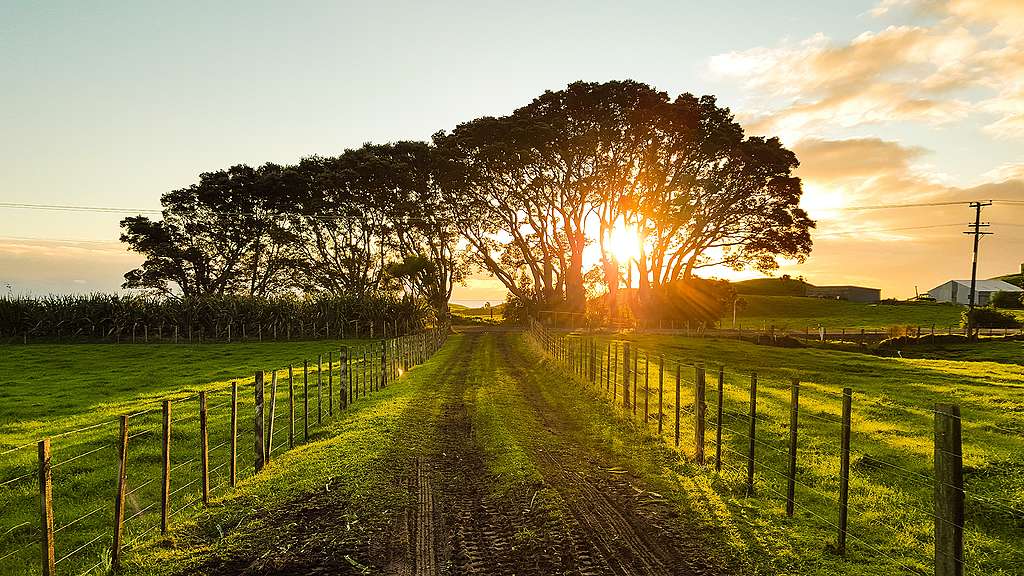
Call on Christopher Luxon to set up a billion dollar fund to transition New Zealand away from industrial to regenerative agriculture.
Take Action
